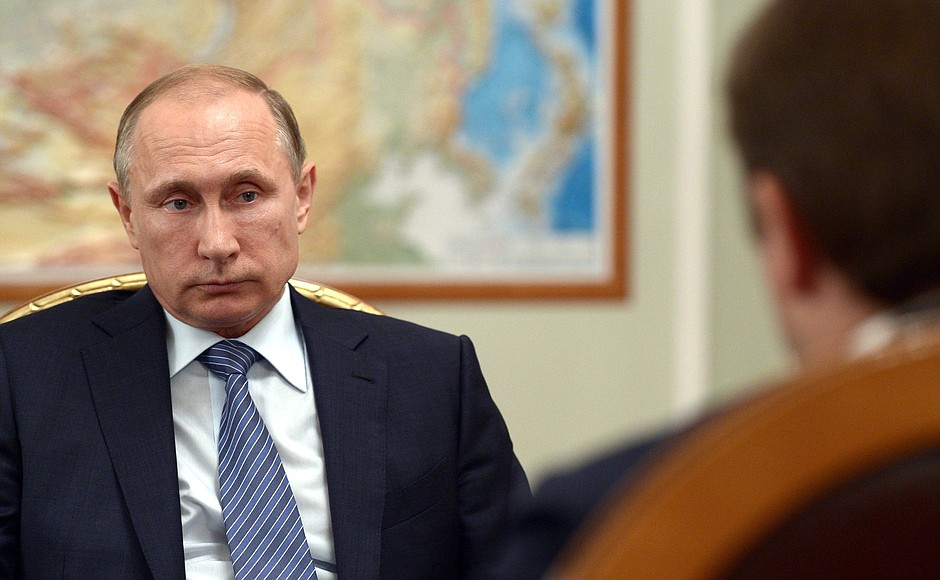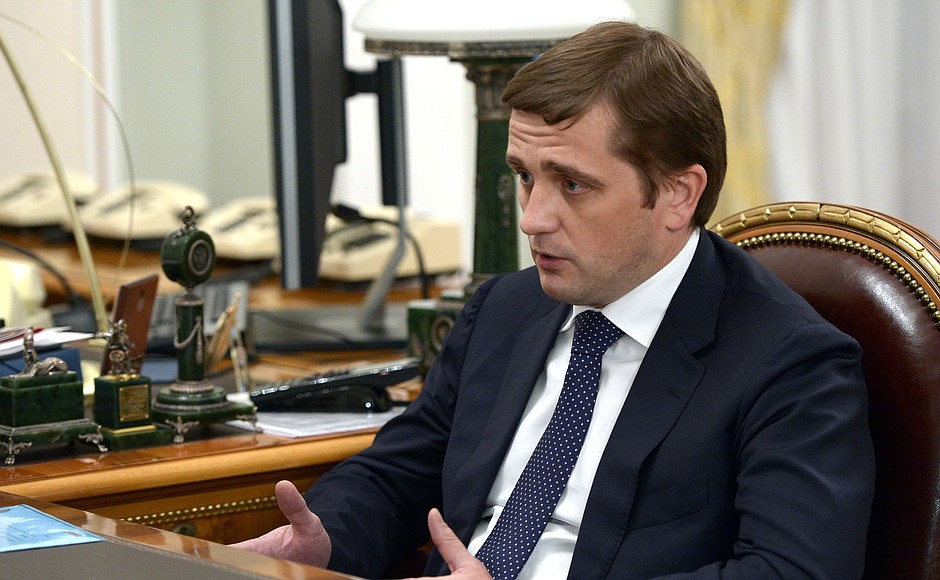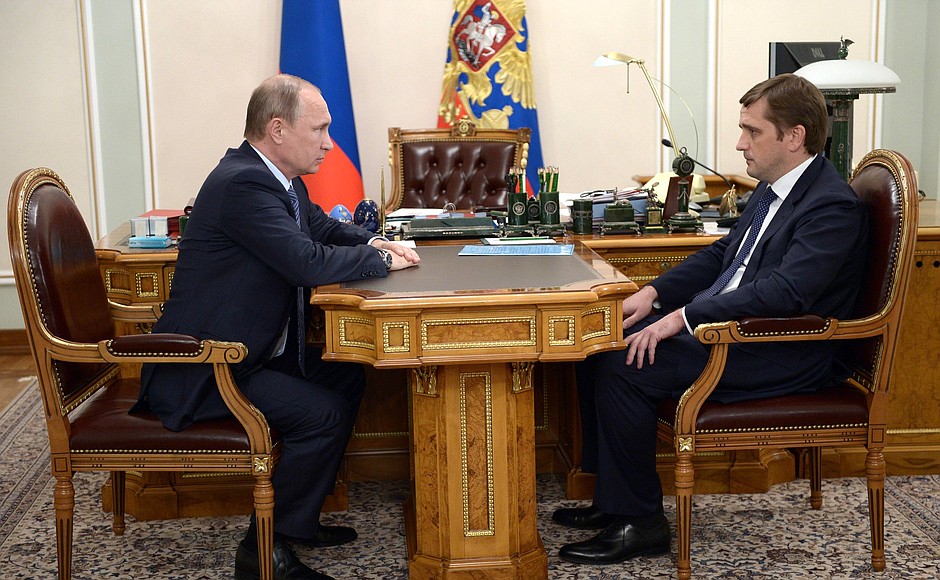President of Russia Vladimir Putin: Mr Shestakov, let’s start with the general situation in the sector. Please, go ahead.
Director of the Federal Agency for Fishery Ilya Shestakov: Mr President, overall, we have had very good results over these past six months. The overall catch has increased 7 percent compared with the same period in 2014. A number of reasons explain this, but the main reason, of course, is the special economic measures that were taken. These measures have let fishermen see just how much demand for fish there is on the domestic market, and they provide an incentive to increase the catch.
Overall, the financial results are also quite good, profitability is increasing, and in this respect everything is going well.
The salmon fishing season has begun now and we expect some good results here, too. We are forecasting an increase of around 15 percent compared to last year. This will give us good results in terms of pricing too, as we saw already last year that our fishermen have refocused their activities and are supplying all of the salmon catch in the Far East to the domestic market now.
Vladimir Putin: What about the transportation situation?
Ilya Shestakov: There are some transport infrastructure problems of course, and also some problems with refrigeration capacity, but we are currently working on this situation, getting the owners of refrigeration facilities to invest in modernising the infrastructure. This is not the easiest task because infrastructure operators are clearly not so interested in handling fish products. They are more interested in handling coal, metal, and other cargoes, whereas fish products make up only around 5 percent of total freight going through the fishing ports. But we are doing everything necessary to change this situation and are at the point now of signing concession agreements. A number of refrigeration facility owners have already agreed to this.
Vladimir Putin: What about delivery to other regions, including to the European part of Russia?
Ilya Shestakov: There are some problems when it comes to delivery, especially during the salmon season, which really does not last very long. The refrigeration facilities are already working at more than full capacity and the shortage of rolling stock has an impact, including on the transportation cost. In this respect, we really need to increase the stock of refrigerated containers and take the same road the rest of the world has already taken. For now, we still transport products primarily in refrigerated sections, but this is a relic of the Soviet period and fails to maintain the needed temperature and transport conditions, in terms of the number of days. We will therefore need to resolve this issue.
But I can tell you that we forecast a good salmon catch next year, following the ban on driftnet fishing that you approved. Driftnet fishing caused serious damage because it did not allow enough salmon to reach the breeding grounds. The breeding grounds are the most important thing here, because they guarantee renewability of the salmon stock, and so we hope now to see stock levels reach optimum figures.
Vladimir Putin: Good. As I recall, our Japanese friends caused considerable damage in their traditional fishing grounds by using driftnet fishing.
Ilya Shestakov: Yes, Mr President. They caused damage to Russia’s fishing grounds too, because their uncontrolled driftnet fishing in the 1970s-80s led to serious depletion of salmon stocks in the Far East.
Vladimir Putin: But this decision applies not only to our foreign partners; it applies to everyone taking part in fisheries activity.
Ilya Shestakov: Yes, of course, it applies to everyone, and we think that the consequences of driftnet fishing really did cause serious damage to salmon stocks.
<…>


